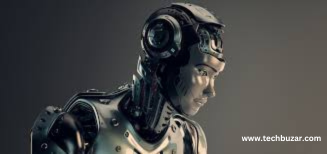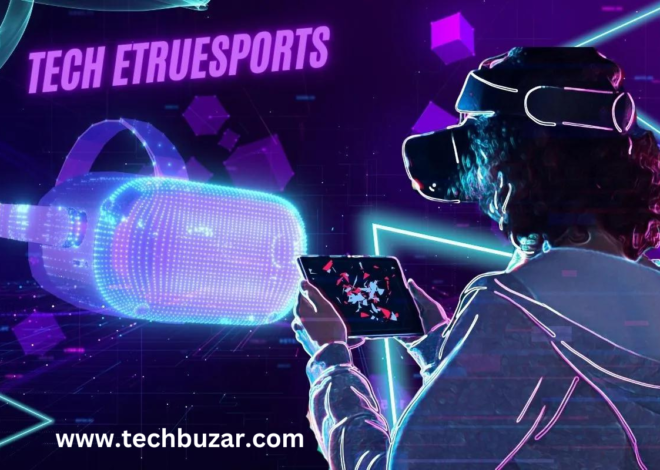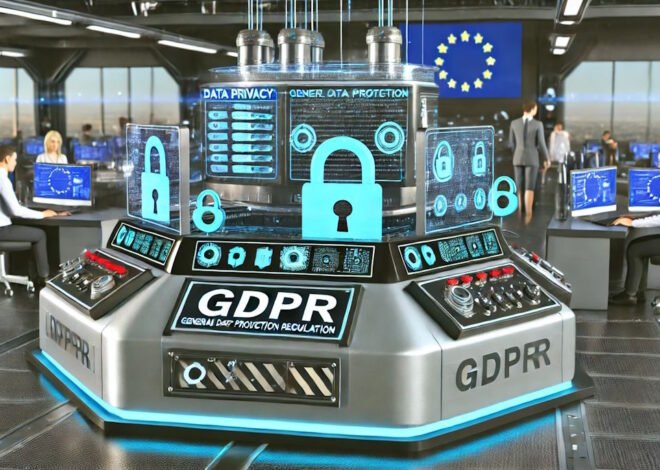
Sci-Fi Robots: Exploring Their 100% Impact on Society
In the vast landscape of science fiction, few elements capture the imagination quite like robots. From mechanical servants to sentient beings, sci-fi robots have been a staple of literature, film, and popular culture for decades. Their portrayal often reflects society’s hopes, fears, and aspirations regarding technology and artificial intelligence.
The Evolution of Sci-Fi Robots
Early portrayals in literature and film
Sci-fi robots first emerged in the late 19th and early 20th centuries through works of fiction such as Karel Čapek’s “R.U.R.” and Fritz Lang’s film “Metropolis.” These early depictions often portrayed robots as mechanical beings designed for labor or warfare, exploring themes of autonomy and existentialism.
Advancements in technology influencing sci-fi depictions
As technology advanced, so did the portrayal of robots in science fiction. From the humanoid robots of Isaac Asimov’s “I, Robot” to the intelligent machines of Philip K. Dick’s novels, sci-fi authors began to explore more nuanced themes such as consciousness, identity, and morality.
Sci-Fi Robots in Popular Culture
Analysis of iconic sci-fi robot characters
Iconic sci-fi robots like R2-D2 from “Star Wars” and the Terminator from the eponymous franchise have become cultural symbols, transcending their fictional origins to become beloved characters in their own right. These characters often embody human-like traits and emotions, inviting audiences to empathize with them.
Influence on media and entertainment
The influence of sci-fi robots extends beyond literature and film, permeating various forms of media and entertainment. From video games to television shows, robots continue to captivate audiences and inspire creative expression.
The Role of Sci-Fi Robots in Predicting the Future
Examining how sci-fi robots have shaped technological innovation
Sci-fi narratives often serve as a lens through which we envision the future of technology. Concepts once deemed fantastical, such as autonomous vehicles and virtual assistants, have become reality thanks in part to the speculative imagination of sci-fi authors.
Ethical considerations and societal implications
However, the proliferation of sci-fi robots also raises ethical concerns regarding privacy, surveillance, and job displacement. As we integrate technology more deeply into our lives, it’s crucial to consider the potential consequences and ensure responsible development and deployment.
Real-Life Applications Inspired by Sci-Fi Robots
Examples of technologies developed based on sci-fi concepts
Many real-world technologies have been directly inspired by sci-fi robots. From surgical robots assisting in delicate medical procedures to autonomous drones performing reconnaissance missions, the line between fiction and reality continues to blur.
Impact on various industries such as healthcare and manufacturing
The adoption of robotic technologies has revolutionized industries ranging from healthcare to manufacturing, improving efficiency, precision, and safety. As robotics continue to evolve, we can expect further advancements that enhance our quality of life and drive economic growth.
Sci-Fi Robots and Artificial Intelligence
Exploring the relationship between AI and sci-fi robot narratives
Sci-fi robots often serve as allegories for the ethical and philosophical dilemmas surrounding artificial intelligence. Questions of consciousness, free will, and the nature of humanity are perennial themes that resonate deeply in both fiction and reality.
Discussion on AI ethics and governance
As AI technologies become increasingly sophisticated, discussions around ethics and governance become paramount. Ensuring transparency, accountability, and inclusivity in AI development is essential to mitigate potential risks and maximize societal benefit.
The Representation of Sci-Fi Robots in Literature
Analysis of themes and motifs in sci-fi robot literature
Sci-fi robot literature explores a myriad of themes, from utopian visions of human-robot coexistence to dystopian warnings of technological tyranny. These narratives reflect our evolving relationship with technology and our collective hopes and fears for the future.
Notable authors and their contributions
Authors like Asimov, Dick, and Arthur C. Clarke have made significant contributions to the genre, shaping our understanding of sci-fi robots and their implications for society. Their works continue to inspire generations of readers and thinkers.
The Influence of Sci-Fi Robots on Robotics Research
How sci-fi inspires real-world robotics projects
Sci-fi narratives often serve as inspiration for robotics researchers, sparking ideas and innovations that push the boundaries of what’s possible. Concepts like self-driving cars and humanoid robots are not just the stuff of fiction but tangible goals for scientists and engineers.
Advancements in robotics technology driven by sci-fi imagination
From the development of advanced sensors to breakthroughs in artificial intelligence, sci-fi has played a crucial role in driving progress in robotics technology. By imagining worlds where robots are commonplace, we can better envision and strive towards a future where technology serves humanity.
The Future of Sci-Fi Robots
Speculation on future trends in sci-fi robot narratives
As technology continues to evolve, so too will our portrayals of sci-fi robots. From exploring the ethical implications of AI to imagining new forms of human-machine interaction, the possibilities are endless.
Predictions for real-world applications and societal impacts
In the coming years, we can expect to see sci-fi-inspired technologies integrated into our daily lives in ways we can scarcely imagine. From personalized healthcare assistants to autonomous cities, the future of robotics holds both promise and peril.
Conclusion
Sci-fi robots occupy a unique space in our collective imagination, serving as mirrors to our hopes, fears, and aspirations regarding technology and artificial intelligence. From the pages of literature to the silver screen, these mechanical marvels continue
FAQs (Frequently Asked Questions)
What makes sci-fi robots so captivating?
- Sci-fi robots embody our dreams and fears about the future of technology, exploring themes of identity, consciousness, and humanity in ways that resonate deeply with audiences.
How have real-world technologies been influenced by sci-fi robots?
- Many modern technologies, from smartphones to self-driving cars, have been directly inspired by concepts first introduced in sci-fi literature and film.
What are some ethical considerations surrounding the development of AI and robotics?
- Ethical considerations include issues of privacy, autonomy, and job displacement, as well as broader questions about the implications of creating sentient artificial beings.
Which sci-fi authors have made the most significant contributions to the genre of sci-fi robots?
- Authors like Isaac Asimov, Philip K. Dick, and Arthur C. Clarke are renowned for their exploration of sci-fi robot themes and their lasting impact on the genre.
How do sci-fi robots reflect societal attitudes towards technology?
- Sci-fi robots often serve as mirrors to our hopes, fears, and aspirations regarding technology, reflecting societal attitudes towards progress, innovation, and the human condition.



One thought on “Sci-Fi Robots: Exploring Their 100% Impact on Society”